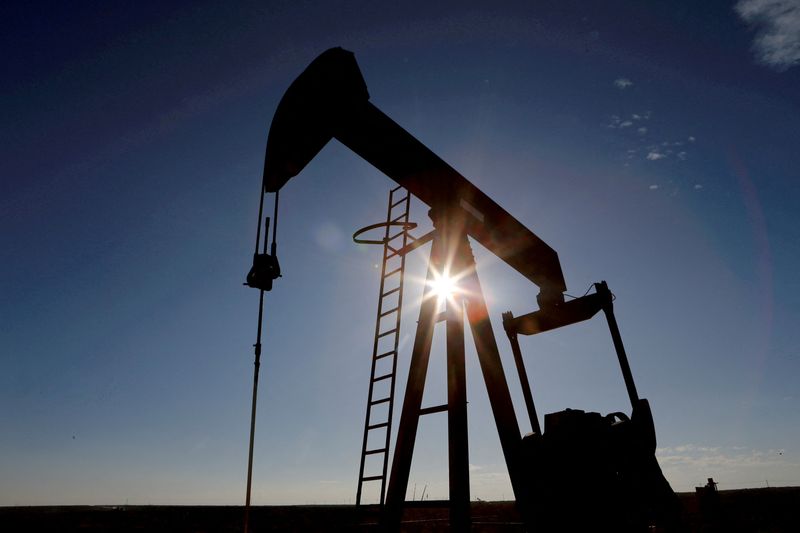HOUSTON (Reuters) - Mergers and acquisitions in the U.S. oil patch accelerated to $16 billion in the third quarter, the most this year, although the nine-month total trails the year-ago period's, according to figures released on Wednesday by data analytics firm Enverus.
This year's activity has been subdued, despite strong energy prices due to the economic recovery from the COVID-19 pandemic and a reshaping of global energy flows triggered by Russia's invasion of Ukraine.
The deal value in the first nine months totaled $36 billion, less than the $56 billion in the same period last year, Enverus Intelligence Research said.
The drop reflected averse investor sentiment toward oil M&A, rising recessionary risks, and concerns about oilfield cost inflation, the data analytics firm added.
"Companies are using the cash generated by high commodity prices to pay down debt and reward shareholders rather than seeking out acquisitions," said Andrew Dittmar, director of Enverus.
The biggest deal in the last quarter was EQT Corp (NYSE:EQT)'s $5.2 billion purchase of natural gas producer Tug Hill's THQ Appalachia I LLC and associated pipeline assets of XcL Midstream, both backed by private equity firm Quantum (NASDAQ:QMCO) Energy Partners.
The second-largest was German asset manager IKAV's $4 billion deal for Aera Energy, a California oil joint venture between Shell (LON:RDSa) Plc and Exxon Mobil (NYSE:XOM).

The Permian Basin, the top U.S. shale oil field and typically the focus of some of the sector's richest deals, accounted for only about 10% of the period's total, the data showed.
However, Diamondback (NASDAQ:FANG) Energy Inc's $1.6 billion acquisition of a Permian rival earlier this week could set off a new round of deals in the West Texas and New Mexico production hot spot, said Dittmar.